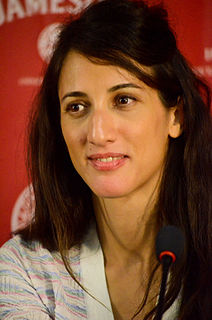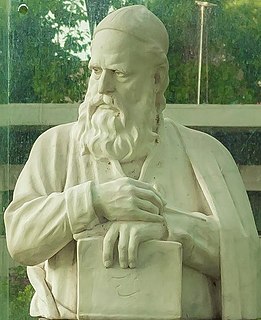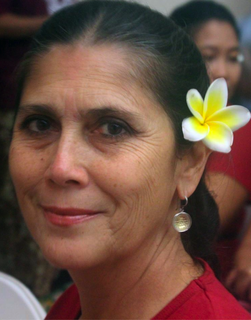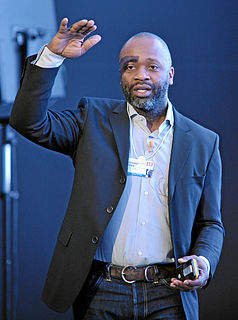A Quote by Michel Foucault
What strikes me is the fact that in our society, art has become something which is only related to objects, and not to individuals, or to life.
Related Quotes
What strikes me is the fact that in our society, art has become something which is related only to objects and not to individuals, or to life. That art is something which is specialized or which is done by experts who are artists. But couldn't everyone's life become a work of art? Why should the lamp or the house be an art object, but not our life?
Each member of society can have only a small fraction of the knowledge possessed by all, and...each is therefore ignorant of most of the facts on which the working of society rests...civilization rests on the fact that we all benefit from knowledge which we do not possess. And one of the ways in which civilization helps us to overcome that limitation on the extent of individual knowledge is by conquering intelligence, not by the acquisition of more knowledge, but by the utilization of knowledge which is and which remains widely dispersed among individuals.
We've got to be able to distinguish between dangerous individuals who need to be incapacitated and incarcerated versus young people who are in an environment in which they are adapting, but if given different opportunities, a different vision of life, could be thriving the way we are. That's what strikes me. There but for the grace of God. And that, I think, is something that we all have to think about.
By the help of God and with His precious assistance, I say that Algebra is a scientific art. The objects with which it deals are absolute numbers and measurable quantities which, though themselves unknown, are related to "things" which are known, whereby the determination of the unknown quantities is possible.
But progress in knowledge has made us aware of the superficiality of Plato's lumping of individuals and their original powers into a few sharply marked-off classes; it has taught us that original capacities are indefinitely numerous and variable. It is but the other side of this fact to say that in the degree in which society has become democratic, social organization means utilization of the specific and variable qualities of individuals, not stratification by classes.
I believe that a desirable future depends on our deliberately choosing a life of action over a life of consumption, on our engendering a lifestyle which will enable us to be spontaneous, independent, yet related to each other, rather than maintaining a lifestyle which only allows to make and unmake, produce and consume - a style of life which is merely a way station on the road to the depletion and pollution of the environment. The future depends more upon our choice of institutions which support a life of action than on our developing new ideologies and technologies.
Quite often, as life goes on, when we feel completely secure as we go on our way, we suddenly notice that we are trapped in error, that we have allowed ourselves to be taken in by individuals, by objects, have dreamt up an affinity with them which immediately vanishes before our waking eye; and yet we cannot tear ourselves away, held fast by some power that seems incomprehensible to us. Sometimes, however, we become fully aware and realize that error as well as truth can move and spur us on to action.







































